Satellites have revolutionized the way we communicate, transforming everything from television broadcasts to global internet access. Over the years, key advancements in satellite technology have reshaped how information is transmitted across the world and beyond. These groundbreaking satellites not only changed space communication but also influenced our daily lives in ways we now take for granted. Here are 9 satellites that made a lasting impact on the world of communication.
Contents
Sputnik 1 (1957)

Launched by the Soviet Union in 1957, Sputnik 1 was the first artificial satellite to orbit Earth, marking a significant milestone in space exploration. It demonstrated the potential of satellites for transmitting data, broadcasting radio pulses that could be picked up by ground stations. Despite its short mission of just 21 days, Sputnik 1 ignited the space race and paved the way for future advancements in satellite technology.
Syncom 3 (1964)
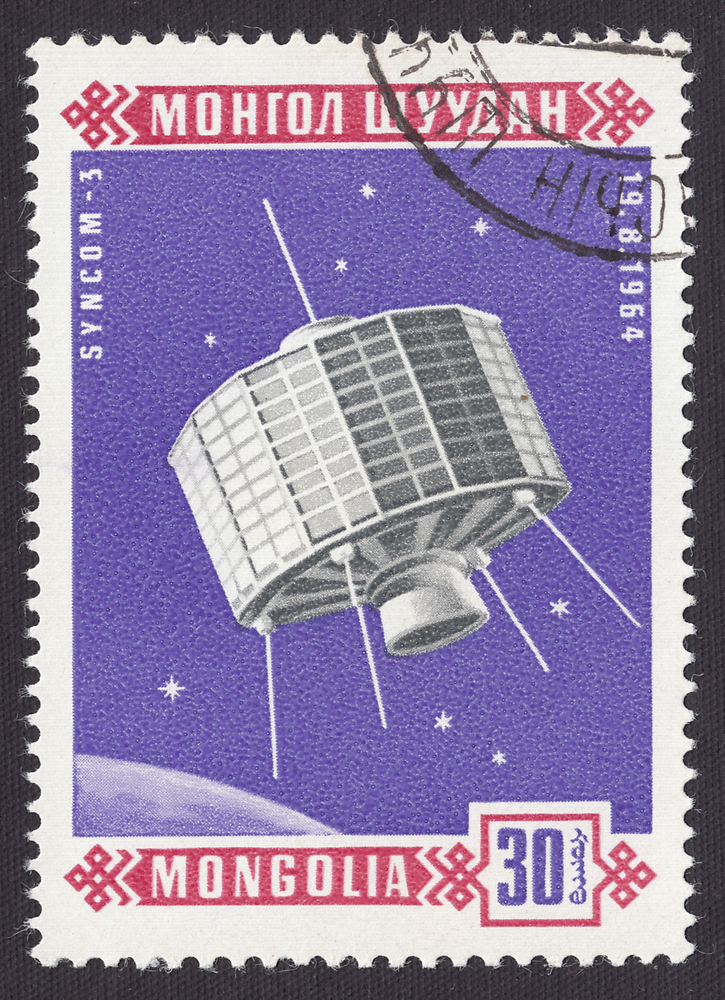
Syncom 3 holds the distinction of being the first geostationary satellite, to maintain a fixed position over a single point on Earth. This innovation allowed continuous communication with a designated area, proving essential for broadcasting major events like the 1964 Summer Olympics in Tokyo. Its successful use established the geostationary orbit as a prime location for communication satellites. Syncom 3’s contributions are still seen in today’s satellite TV and global communication systems.
Early Bird (Intelsat I) (1965)
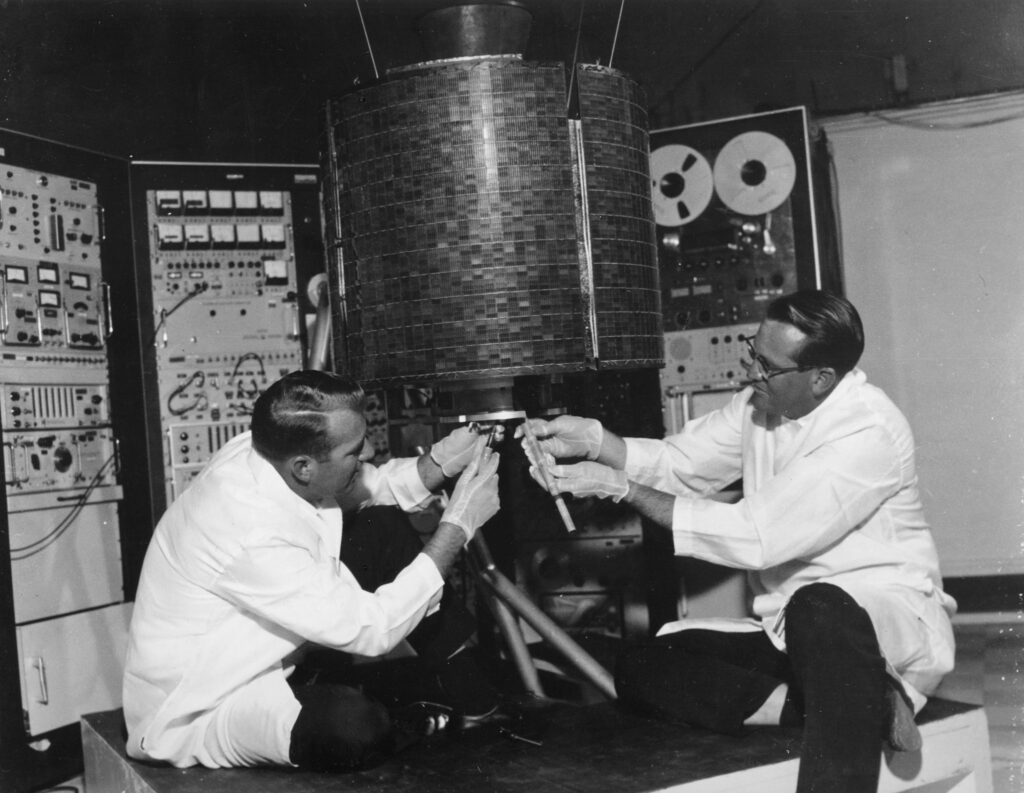
As the first commercial communication satellite, Early Bird (Intelsat I) revolutionized international telecommunications. It provided reliable transatlantic telephone and television transmission, connecting North America and Europe in ways never before possible. Early Bird operated continuously for four years, proving the commercial viability of communication satellites. Its success ushered in a new era of global communication, with satellites becoming an integral part of the telecommunications infrastructure.
Molniya 1 (1965)
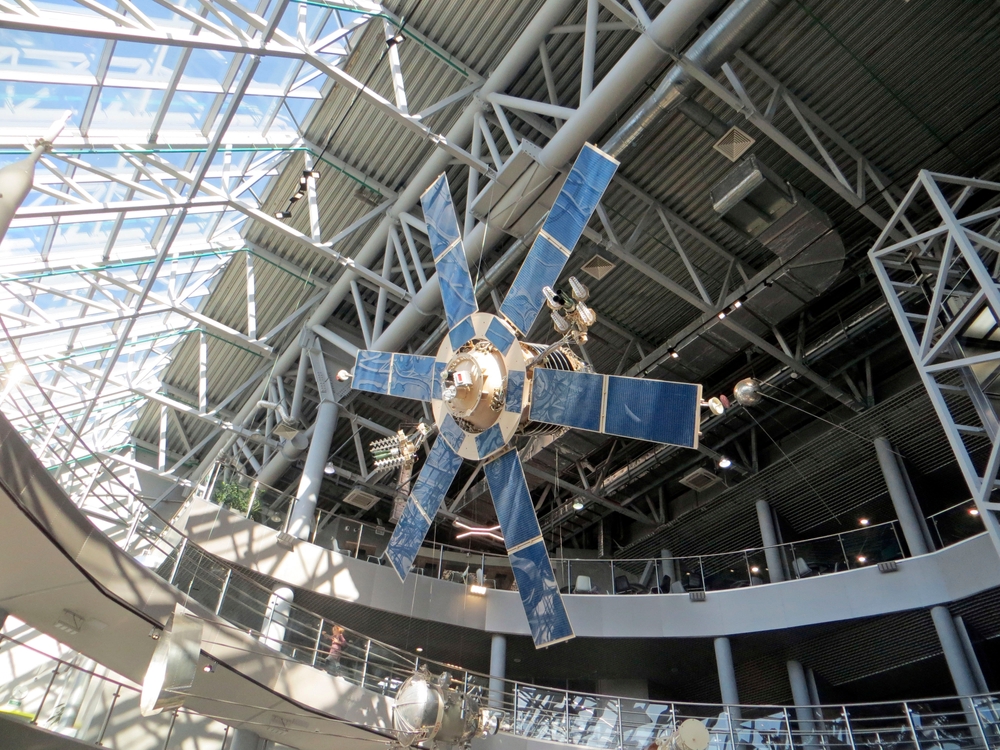
Molniya 1, launched by the Soviet Union, was designed to overcome the limitations of geostationary satellites in providing coverage for high-latitude regions. It introduced the Molniya orbit, an elliptical orbit ideal for long-duration communication over Russia and the Arctic. This satellite played a crucial role in delivering television and telephone services to remote, hard-to-reach areas.
Anik A1 (1972)
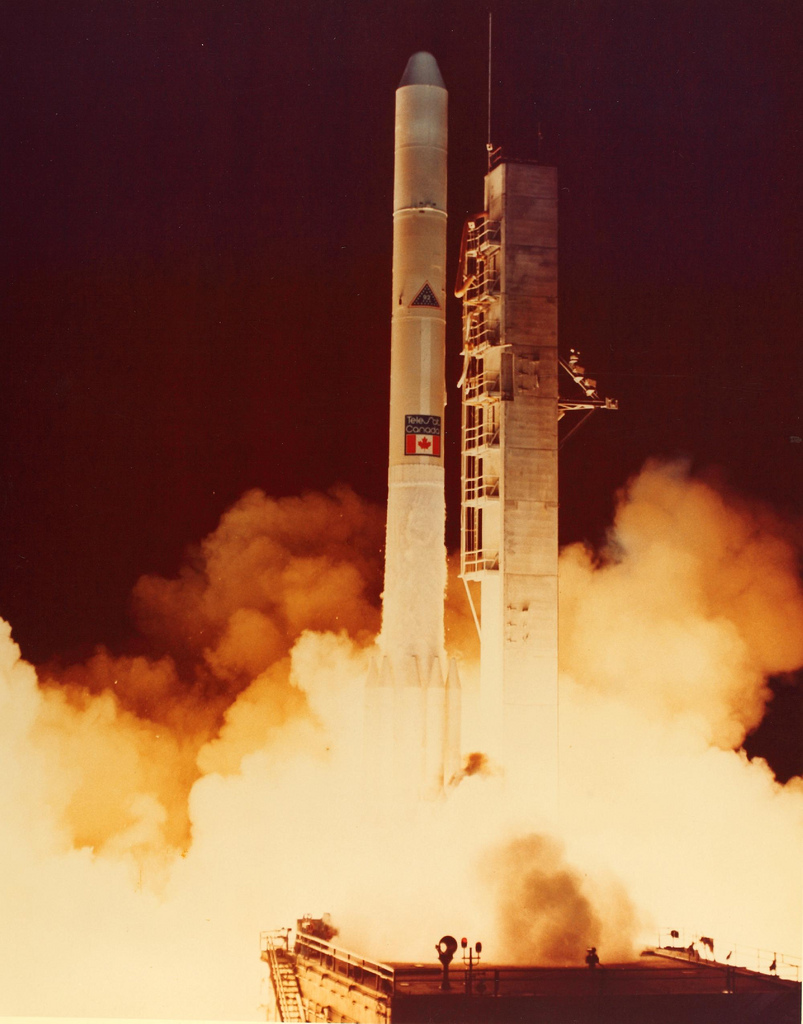
Canada made history with the launch of Anik A1, the first domestic communication satellite in geostationary orbit. Anik A1 enabled the broadcast of television and telephone services to Canada’s most remote and isolated regions, including the northern territories. By connecting these far-flung areas, Anik A1 demonstrated the potential of satellites to bridge communication gaps caused by geographic barriers.
Landsat 1 (1972)
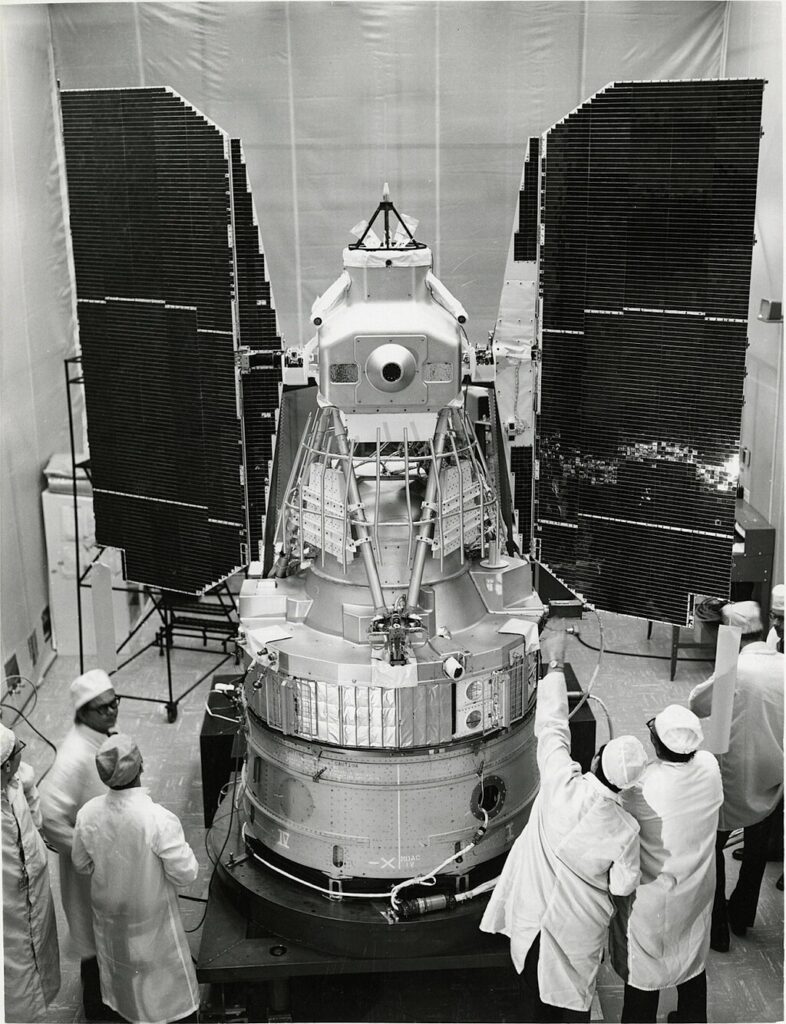
Though primarily an Earth observation satellite, Landsat 1 played a significant role in transmitting high-resolution images of Earth that helped shape communication in environmental monitoring. It provided unprecedented data on land use, agriculture, and natural resources. This information was shared across borders, facilitating global scientific collaboration and data-driven decision-making.
TDRSS (1983-Present)
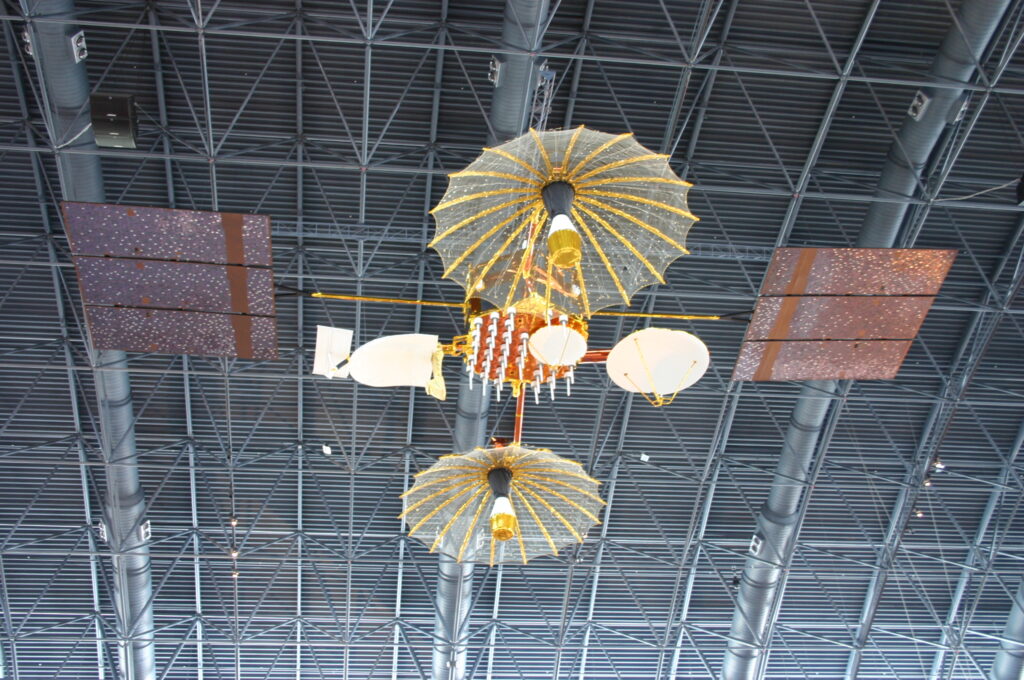
NASA’s Tracking and Data Relay Satellite System (TDRSS) allows continuous communication between low Earth orbit spacecraft and ground stations. This system was integral in supporting missions like the Space Shuttle program and the International Space Station. TDRSS significantly improved the ability to relay scientific data and communication between astronauts and mission control. Its development ensured near real-time contact with spacecraft, revolutionizing space mission support.
Alphasat (2013)
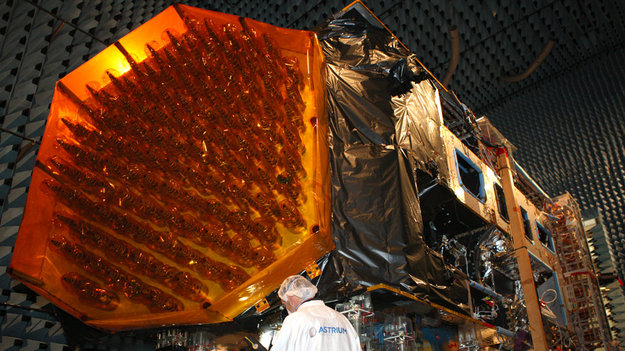
As Europe’s largest and most advanced telecommunications satellite, Alphasat provides mobile voice and data services across vast regions, including Europe, Africa, and the Middle East. With enhanced capabilities, including high-speed data transmission, Alphasat supports communication in areas where infrastructure is sparse. Its success highlights the growing demand for satellite communication in developing regions. Alphasat continues to push the boundaries of mobile communication technology.
Starlink (2019-Present)

Starlink, developed by SpaceX, is designed to offer high-speed internet globally through a constellation of thousands of low Earth orbit satellites. Its primary goal is to provide affordable internet access to underserved and remote areas, making a significant difference in rural connectivity. With its low-latency, high-speed service, Starlink is reshaping the satellite internet industry.
This article originally appeared in MyCarMakesNoise.
More from MyCarMakesNoise
15 Worst Cars for Resale Value

Buying a car is a significant investment, and while the allure of a shiny new vehicle can be strong, it’s crucial to consider the long-term financial implications of your purchase. Depreciation is a car buyer’s stealthiest expense, quietly eroding the value of a vehicle over time. Read More.
10 Lesser-Known Bicycles Perfect for Passionate Cyclists

In the cycling universe, certain models always seem to grab the spotlight, boasting the latest technology and high-profile endorsements. Yet, beyond these popular choices, there exists a collection of bicycles that, while less recognized, offer exceptional quality, versatility, and unique features. Read More.
10 Timeless Boats That Remain Favorites

In the ever-evolving world of boating, certain vessels stand the test of time, becoming enduring favorites among enthusiasts and casual sailors alike. These timeless boats, known for their exceptional craftsmanship, innovative design, and lasting value, continue to captivate and inspire generations of boaters. Read More.














